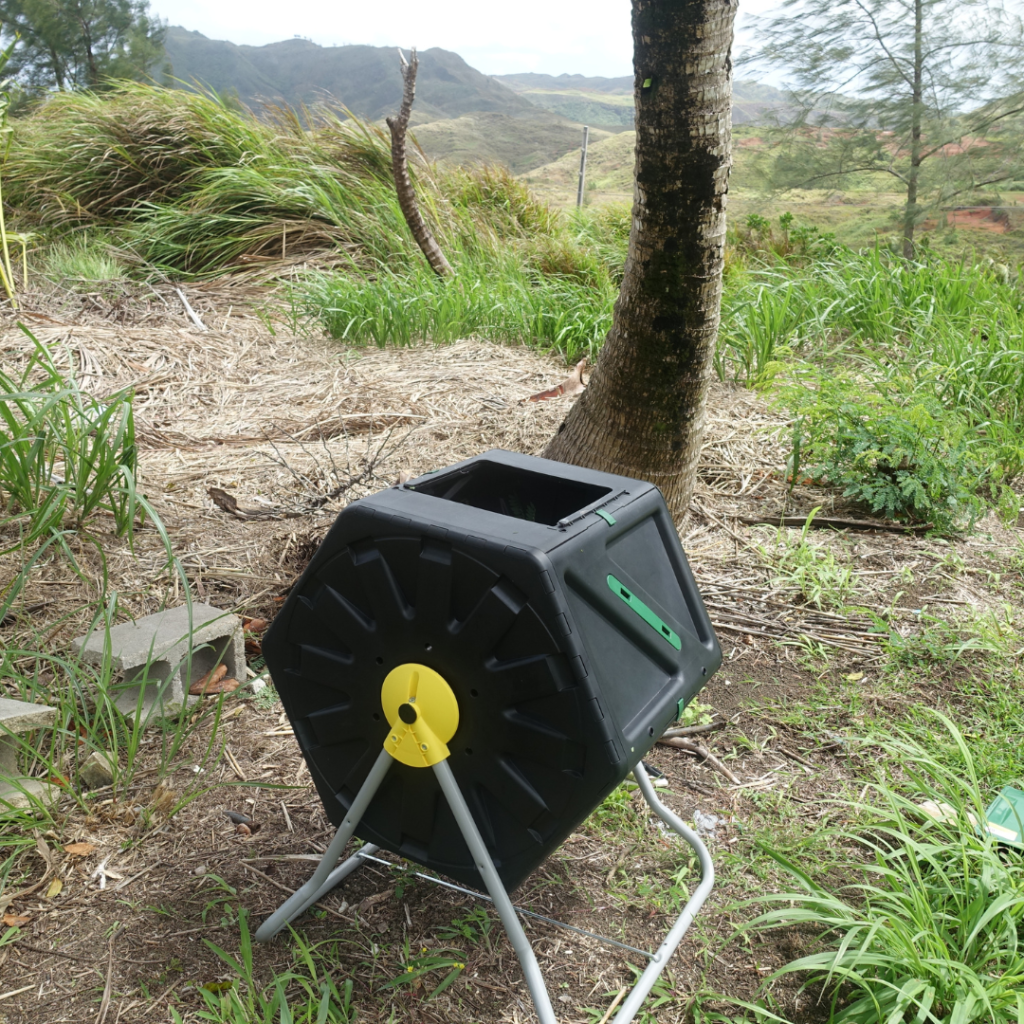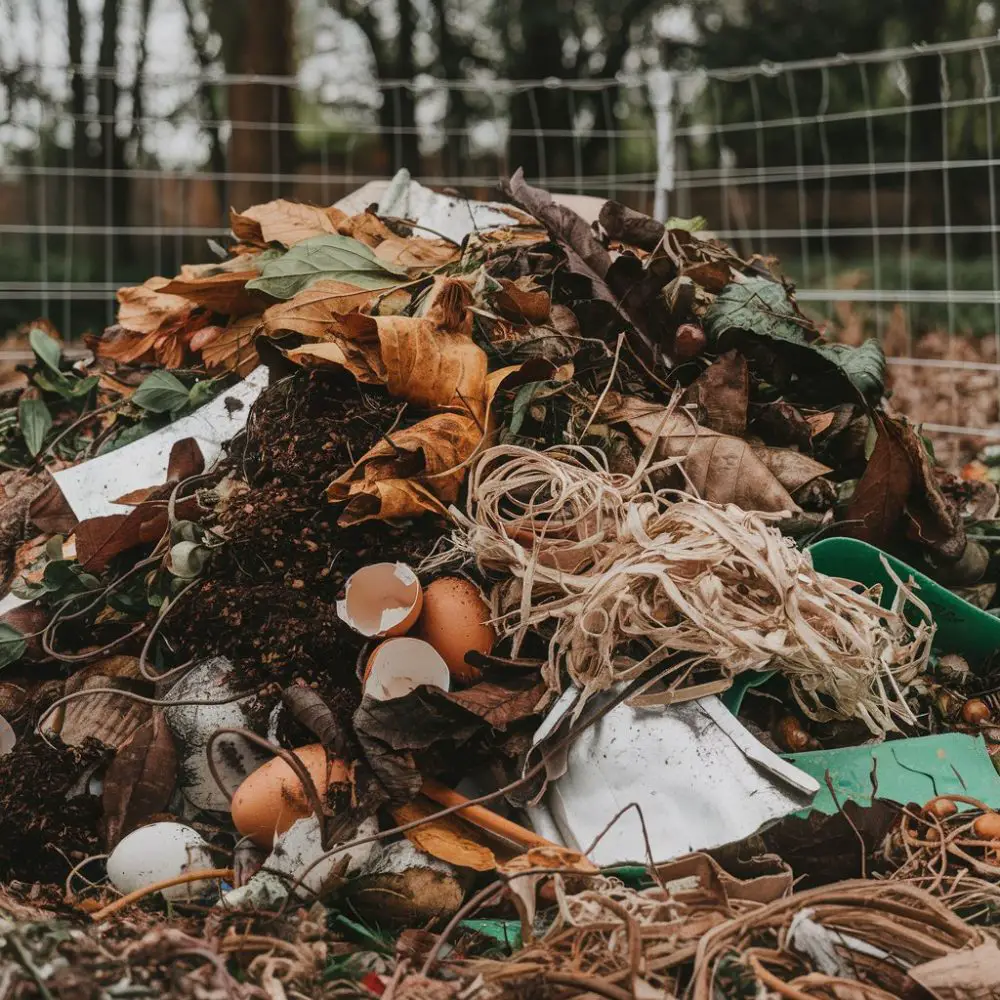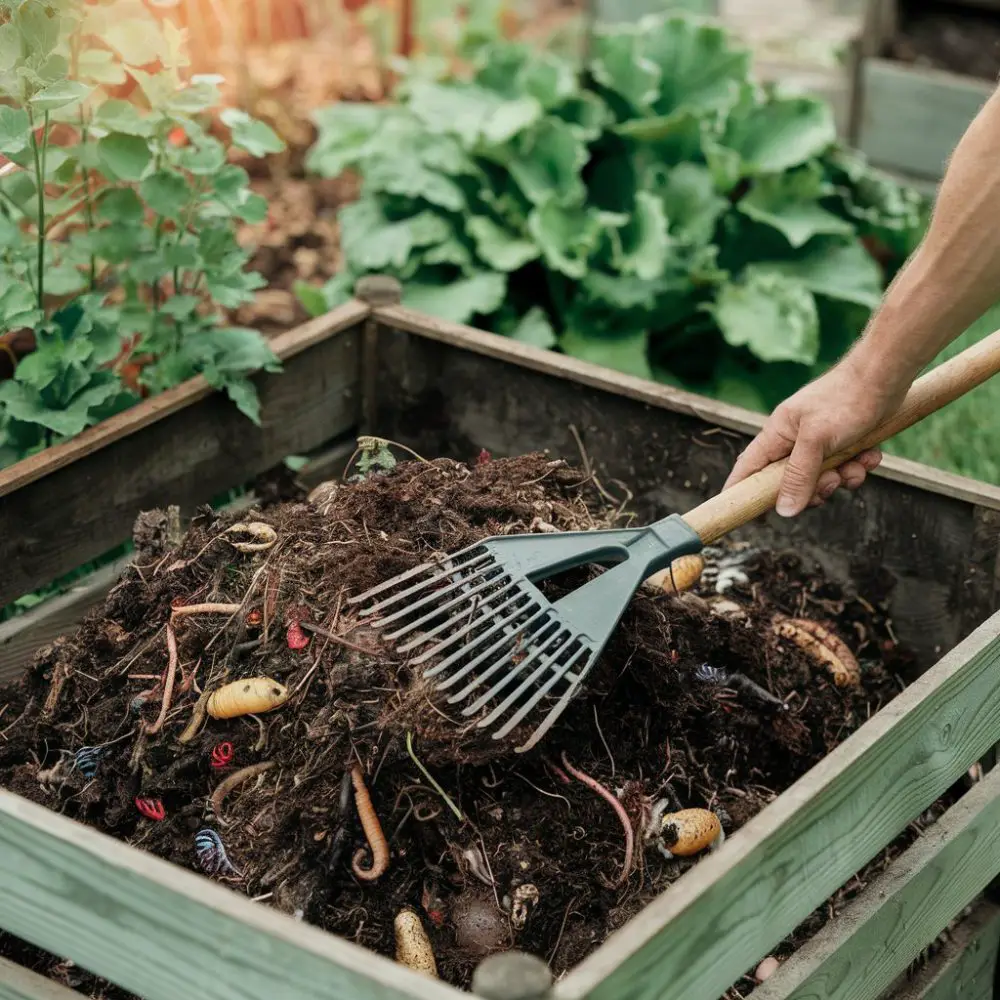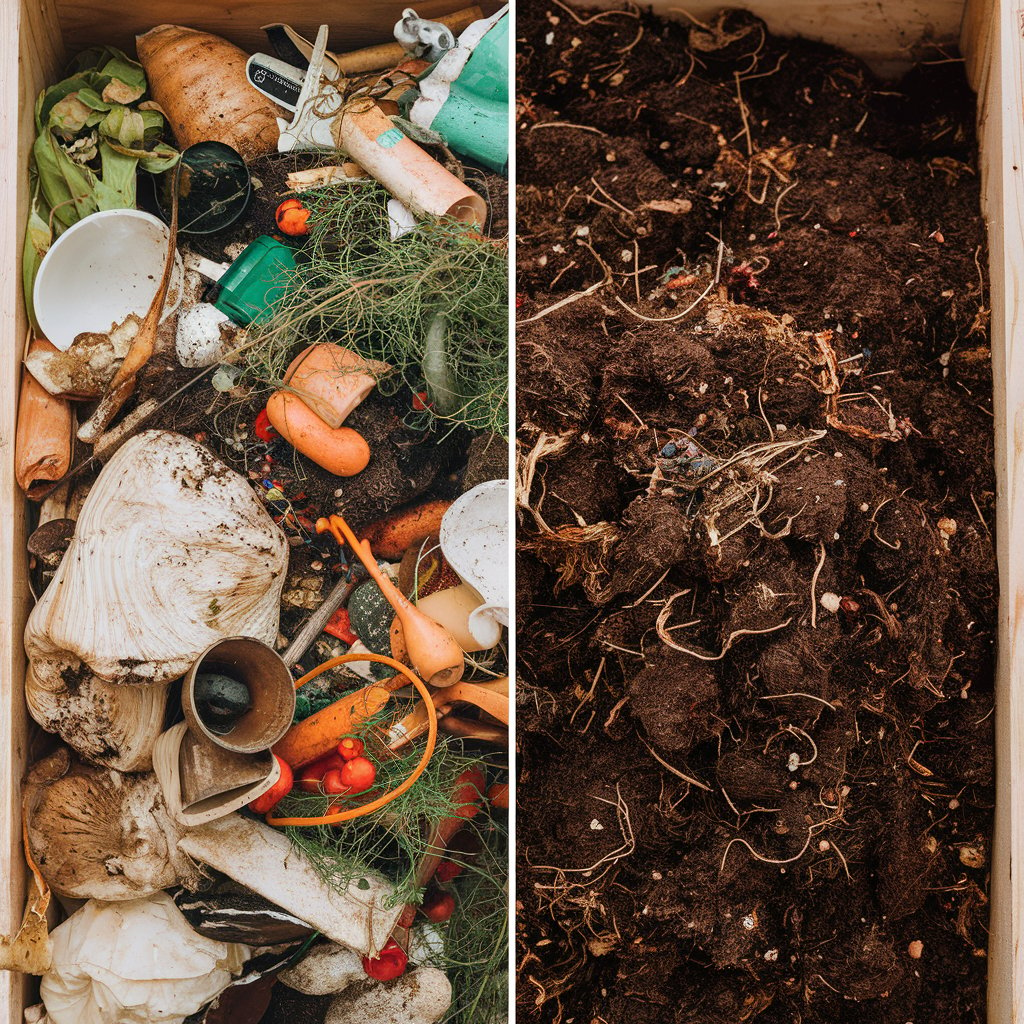Ever looked at your kitchen scraps and thought “there’s got to be a better way than just throwing these away”? Well, you’re absolutely right! Let me introduce you to the world of composting – and before you think “that’s just for gardening pros,” let me stop you right there. I’m here to tell you that composting is
- Why Should You Care About Composting?
- Getting Started: Choose Your Composting Adventure
- What Goes In (And What Stays Out)
- Pro Tips from Someone Who's Made All the Mistakes
- The "When Will It Be Ready?" Question
- What Are Common Beginner Mistakes in Composting?
- Do Seasons Make a Difference in Composting?
- How Long Does It Take to Make Compost That Can Be Used in the Garden?
- Can you Compost in an Apartment?
- Wrapping It Up
Why Should You Care About Composting?
Let’s be real – composting isn’t just about being eco-friendly (though that’s a huge plus!). Think of it as your personal way of turning trash into treasure. Here’s what gets me excited about composting:
- Every time I toss my coffee grounds and banana peels into my compost bin instead of the trash, I’m basically giving my future garden a vitamin boost. The rich, dark compost that comes out is like superfood for your soil – and you made it for free!
- Want to feel good about helping the environment? Here’s a mind-blowing fact: about 30% of what we throw in the trash could actually be composted. That’s like throwing away one out of every three grocery bags you buy!
- If you’re like me and love saving money, composting is your friend. Say goodbye to expensive fertilizers and hello to your own homemade plant food.
Getting Started: Choose Your Composting Adventure
Let’s break down your options in plain English:
- The “Keep It Simple” Pile: Just find a corner of your yard and start piling up those leaves and kitchen scraps. It’s like making a lasagna – layer your greens and browns, and nature does the rest. Fair warning: local critters might find it interesting too!
- The “Spin to Win” Tumbler: Think of it as a rotating drum that makes composting as easy as turning a handle. It’s perfect if you want faster results and don’t fancy getting too hands-on with your compost.

What Goes In (And What Stays Out)
Think of your compost pile like a really picky eater. Here’s what it loves:
- All your fruit and veggie scraps (even the weird-looking ones)
- Those coffee grounds from your morning brew (filters and all!)
- Eggshells (crushed up, they’re like calcium supplements for your compost)
- Yard trimmings (except the ones with chemicals on them)
And here’s what gives it indigestion:
- Meat, dairy and oils (unless you want to attract every animal in the neighborhood)
- Anything plastic, or treated wood & paint (it’s not magic – it can’t break down everything!)
- Weeds that have gone to seed (unless you want them to spread)
- That poison ivy you pulled from the garden (trust me on this one)

Pro Tips from Someone Who’s Made All the Mistakes
Let me share some hard-earned wisdom:
- Finding the right moisture balance is like making a chocolate cake – too wet or too dry and things go wrong. Aim for the consistency of a wrung-out sponge.
- Got a stinky pile? That’s usually a sign you’ve got too many greens and not enough browns. Think of it like making a sandwich – you need more bread (browns) than filling (greens).
- Don’t stress about getting it perfect! Composting is more forgiving than you might think. Nature’s been doing this way longer than we have.

The “When Will It Be Ready?” Question
Here’s the deal – good compost is like a good stew: it takes time. If you’re turning it regularly and keeping it happy (right moisture, good mix), you’re looking at 2-3 months. If you’re more of a “let nature do its thing” person, give it 6 months or so.
What Are Common Beginner Mistakes in Composting?
New composters often face challenges such as:
- Imbalanced Green-to-Brown Ratio: Adding too many nitrogen-rich materials (greens) without sufficient carbon-rich materials (browns) can lead to a smelly, inefficient pile.
- Infrequent Turning: Not aerating the pile regularly can cause anaerobic conditions, resulting in unpleasant odors.
- Overthinking the Process: Some beginners get bogged down by trying to perfect every detail, which can be discouraging. It’s important to start simple and adjust as you learn.
Other FAQs
Do Seasons Make a Difference in Composting?
Composting is a great way to reduce your household waste and provide nutrient-rich compost for your garden. But do seasons make a difference when it comes to composting?
Generally speaking, the best time of year to start composting is in the spring or fall. These temperate seasons provide moderate temperatures that help encourage microorganisms to break down organic matter. However, you can still compost successfully in the winter and summer if you take some extra steps.
To start composting in the winter, consider insulating your compost bin to help maintain warmth. You can also add extra brown materials, like dead leaves or twigs, to help create insulation. In the summer, on the other hand, you may need to add extra green materials to help offset the heat. Regularly adding water will also help keep your compost moist and prevent it from drying out.
So while seasons may make a difference in terms of successful composting, with a little extra effort you can compost all year round!
How Long Does It Take to Make Compost That Can Be Used in the Garden?
The time it takes to make compost that can be used in the garden depends on several factors, including the size of your bin, the materials you’ve added, and the temperature. In general, you can expect your compost to be ready in anywhere from a few weeks to several months.
The key to making compost quickly is to create a balance of green and brown materials. Green materials are high in nitrogen and include things like grass clippings and fruit and vegetable scraps. Brown materials are high in carbon and include things like dead leaves and twigs. You should aim for a ratio of about two parts brown to one part green. You may also want to consider buying a compost accelerator to help kickstart the process. In addition, you need to make sure your compost pile has good aeration and hydration by turning and watering it about once a week.
By following these tips, you can speed up the composting process and have nutrient-rich soil for your garden in no time.
Can you Compost in an Apartment?
If you’re interested in composting but don’t have the space for a traditional compost pile, there are still plenty of options available to you.
- One option is to compost in a bucket. You can find a small bucket at most hardware stores, and you can drill holes in the bottom for drainage. Line the bucket with a liner (like a coffee filter or piece of fabric) and fill it with your food scraps. Be sure to add some soil or compostable material to help with decomposition. When the bucket is full, dump it into your larger compost bin or pile.
- Another option is to start or join a neighborhood or community composting program. This is a great way to reduce waste and build community connections. If you’re interested in starting a program, reach out to your local recycling center or solid waste management district for more information.
- Finally, consider indoor composting options like vermicomposting (composting with worms). This can be done in a small space and doesn’t require much upkeep. If you’re interested in vermicomposting, there are plenty of resources available online to get you started.
A Useful Video on How to Start Composting
Wrapping It Up
Starting to compost might feel a bit overwhelming at first, but trust me – if I can do it, so can you! Start small, keep it simple, and remember that every banana peel or coffee ground you save from the landfill is a win for our planet.
Got questions? That’s totally normal! The composting community is one of the friendliest out there, and we’re always happy to help fellow composters figure things out. Drop your questions in the comments below, and let’s get this composting journey started!
Remember, the best compost pile is the one that works for you. So don’t get too caught up in the


Comments are closed.